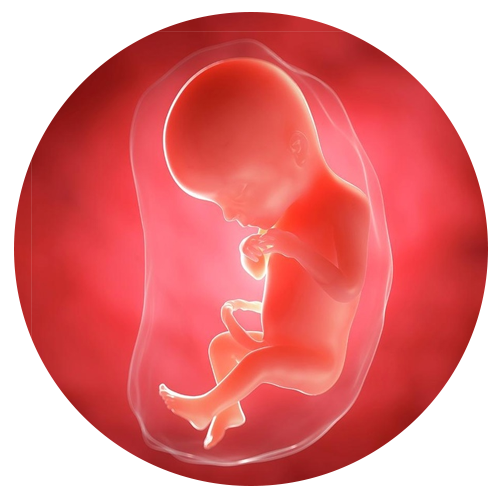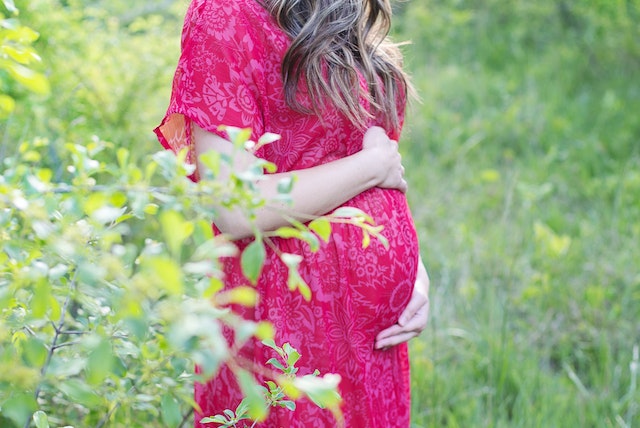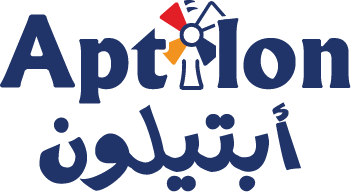19 weeks pregnant: Pregnancy Symptoms & Baby Development
Find out what to expect from every week of your pregnancy.
19 weeks pregnant is how many months?
Month 5 (Trimester 2)
Baby development at 19 week
Diet & nutrition

Exercise at 19 weeks
At 19 weeks pregnant, your baby is around 15.3cm long from head to bottom, and around 240g in weight. That’s roughly the same size as a beef tomato, only heavier.
Your baby is now developing one of their most unique features: fingerprints. Along with these appearing, their fingernails and toenails continue growing, and their hands should now be able to make a firm grip.
Along with the appearance of a protective layer called vernix, a fatty substance called ‘myelin’ is forming around your baby’s nerves. It’s also protective, insulating their nerves, and supporting motor neuron connections between your baby’s brain and muscles.
Myelin helps your baby to start making movements that are more coordinated. Newborns’ movements tend to be jerky and uncoordinated, but as they grow more myelin develops, helping their movements become smoother and more coordinated
Your baby’s well ahead of the game and already producing their adult teeth. They line up behind their milk teeth, although teething doesn’t usually start until they’re about six months old.


Pregnancy symptoms at 19 weeks
Sleeping problems
Vaginal infections
Frequent urination
Bloating and gas
Belly pains
Mood swings
As your bump grows larger, some of your movements will become trickier. This is especially so in exercise, where you may need to adapt your routine.
For a start, you’re carrying extra weight that’s going to keep growing, and which may affect the kind of exercise you do. But did you realise that your hormones can also affect your exercise?
The hormone – appropriately called relaxin – can loosen ligaments to help with childbirth. Unfortunately, it also loosens ligaments that support your back, knees and ankles. So, rather than running, you may want to switch to fast-walking.
It’s recommended that pregnant women aim for 150 minutes of exercise each week, with at least 30 minutes of activity on five days. As your pregnancy progresses, you may find it helpful to adjust your routine. The good news is that three 10-minute sessions are just as good as a single 30-minute session.
Remember: exercise doesn’t have to be strenuous, and you should be able to easily hold a conversation while exercising. If you struggle for breath, you’re likely overdoing it.
Your baby’s tissue and DNA development relies on a good supply of zinc during pregnancy. Zinc helps your body process fat, protein and carbohydrates from food to nourish your growing baby. This important mineral also supports your own wellbeing, so it’s important to include plenty of rich sources of zinc in your diet. On average, women need around 7mg a day.
Add these zinc-rich foods to your diet
- Red meat, such as beef and lamb
- Poultry, especially turkey
- Wholegrain breads and cereals
- Nuts
- Milk, cheese and eggs

THE SCIENCE BEHIND Zinc
Powered by Nutricia
Zinc plays an essential role in the construction of your baby’s cells and DNA during pregnancy. It’s needed for cell division and tissue growth – and your baby’s growing from one single cell into a little person comprised of trillions of tiny cells. Zinc is also a key part of normal brain function.
A healthy intake of zinc as part of a well-balanced diet is crucial during pregnancy. You need 7mg a day while pregnant, 13mg a day during the first four months of breastfeeding, and 9.5mg a day for the remaining time you breastfeed
